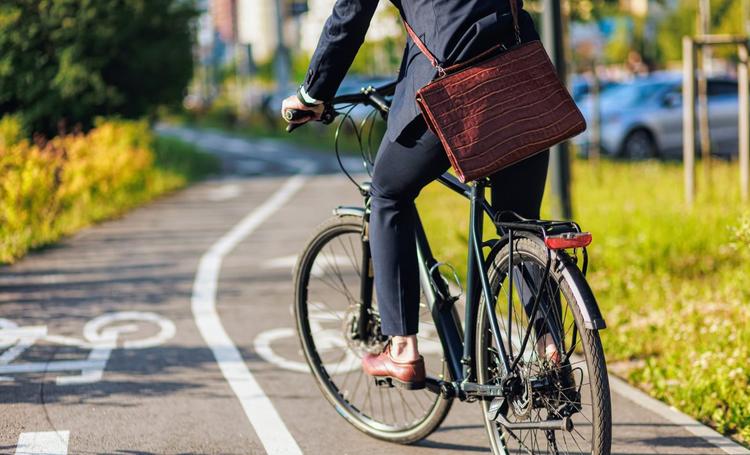The World Health Organization (WHO) has urged all government sectors globally to ensure that every individual has access to quality roads as they embark on walking and cycling activities.
This call was made during the launch of the new toolkit as the 8th United Nation (UN) Global Road Safety Week kicks off around the world, titled “Make Walking and Cycling Safe.”
The new toolkit aims to aid governments in promoting active mobility.
Data from WHO revealed that about 1.2 million people lose their lives yearly on the road, with fewer fatalities among those engaged in walking or cycling. However, worldwide, only 0.2% of roads are constructed with cycle lanes.
Read Also: WHO calls for urgent action to stop FGM in new guidelines
It also noted that the majority of communities lack sidewalks and safe pedestrian crossings.
Dr. Tedros Ghebreyesus, WHO Director-General, highlighted the health benefits of walking and cycling, noting they help cut congestion, air pollution, and disease.
“But we must make walking and cycling safe, so more people choose these healthier, greener options,” Ghebreyesus said.
It was also disclosed that fewer than one-third of countries have national policies to promote walking and cycling, despite the known health benefits.
The new toolkit offers practical, evidence-based guidance to improve pedestrian and cyclist safety.
Aimed at policymakers, urban planners, and civil society, the toolkit urges bold action such as integrating walking and cycling into national policies, building safe infrastructure, enforcing safer speed limits, and promoting public awareness.
The call comes as pedestrian deaths rose by 42% in South-East Asia, and cyclist fatalities jumped by 50% in Europe and 88% in the Western Pacific Region between 2011 and 2021.
WHO, alongside over 400 NGOs in 100 countries, is advocating for urgent global action on road safety.
“It is urgent to make what should be our most natural means of transport safer,” said Dr. Etienne Krug of WHO. “We’re calling on all sectors to ensure walking and cycling are safe and accessible for everyone.”



